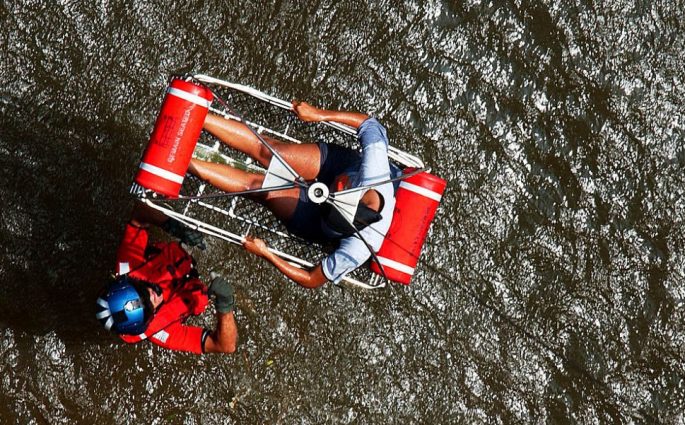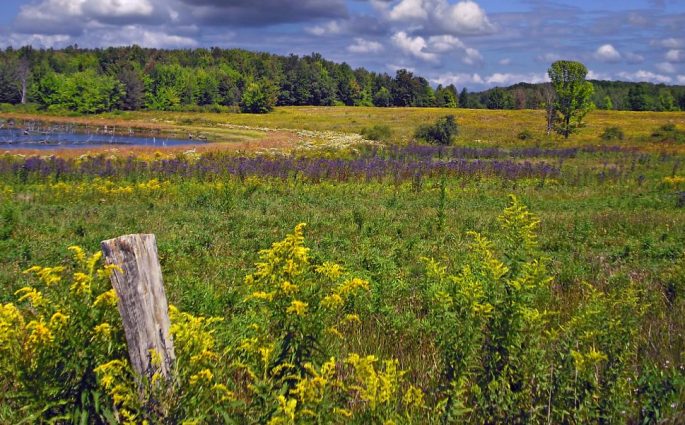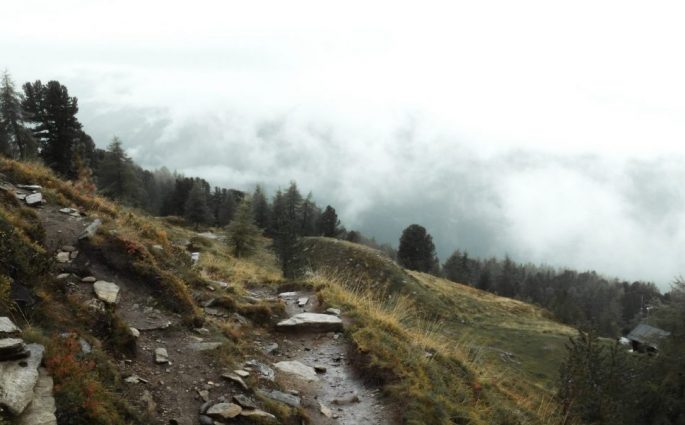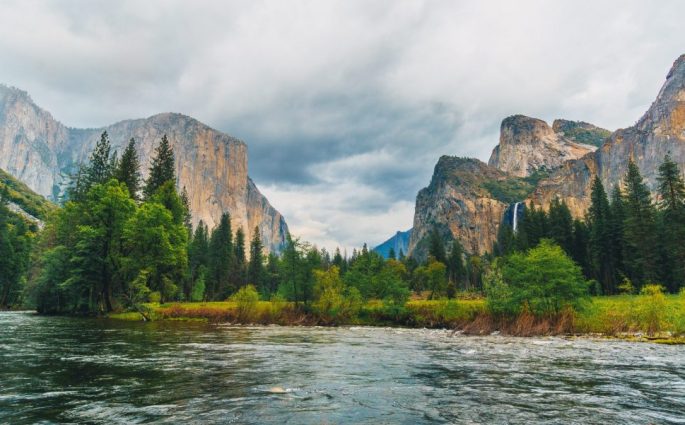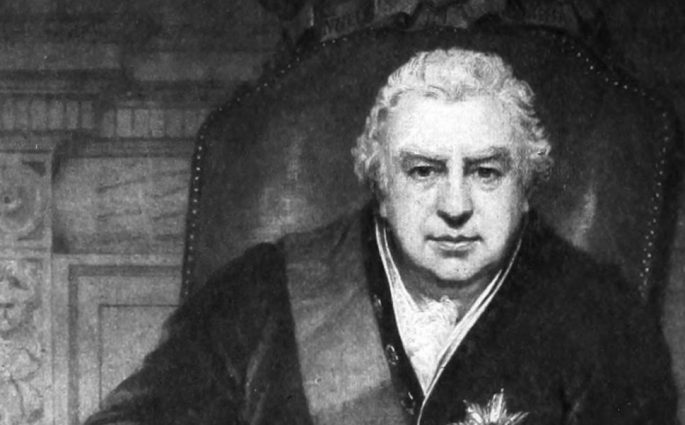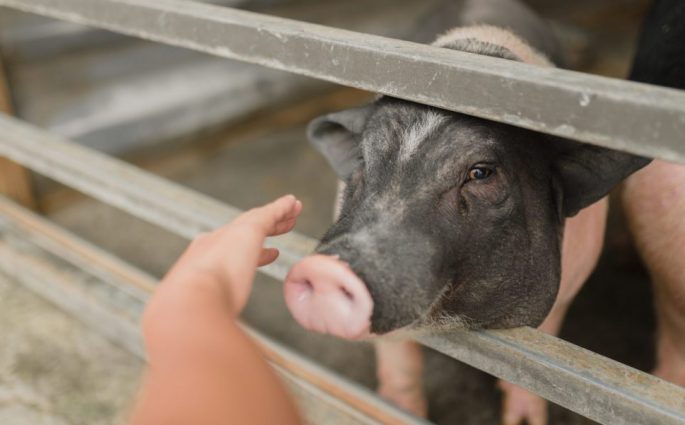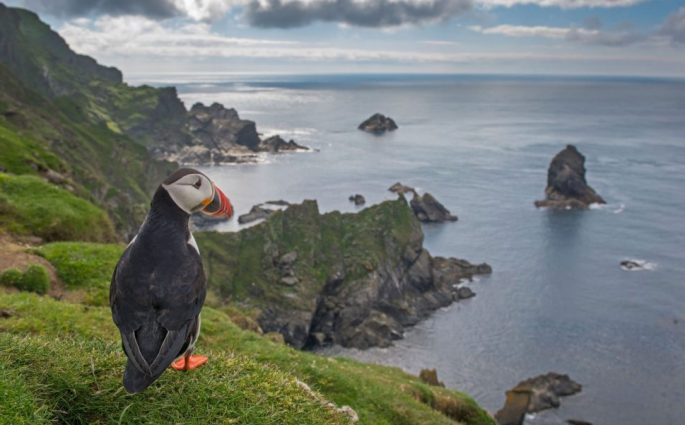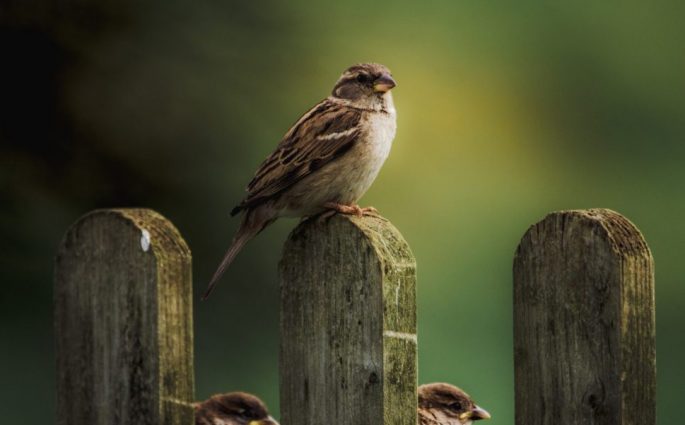Improving Disaster Readiness Worldwide
Courtney Durham— Considering the current impediments to disaster risk reduction and growing risk from climate change, a number of policies can help nations shift the balance from reactivity to proactivity. First, disaster managers should build contingency plans for a variety of disaster scenarios, drawing on the Sendai Framework for Disaster

